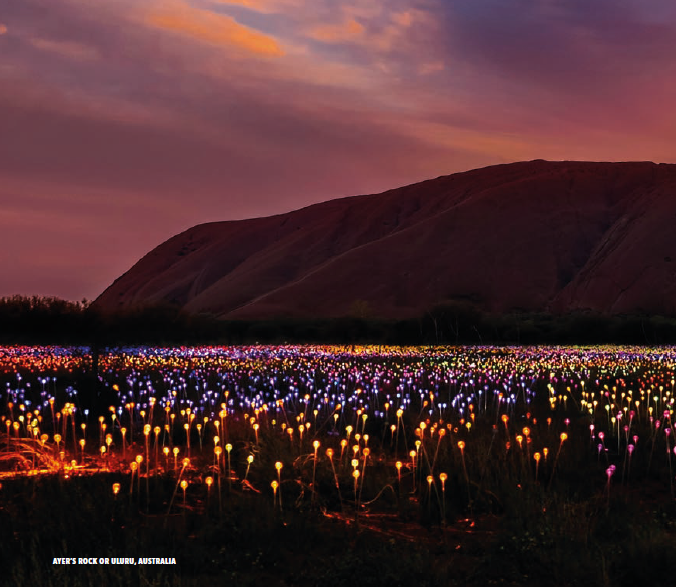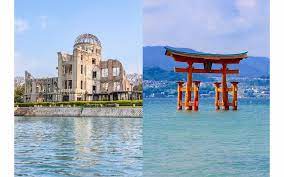
Photo of the Day Kashan – Fin Garden, Rose Water, Bazaar and The Shrine at Qom
Image
Four miles outside of Kashan is the World Heritage Site, Bagh-e-Fin Garden. A classic Persian Garden, it is full of cypress trees and beds of beautiful flowers.
In addition to the trees and flowers, you will find a hammam bath house complex, a prayer room, a museum and a 2 story pool house.
The biggest surprise of the gardens are the number of water features. For being in the middle of a desert, the amount of water feels so cool and refreshing.
Built in 1590, the nearby spring on the hillside behind the garden, allows for many water features without any hydralic pumps!
Kashan’s Rose Festival is celebrated from early May until the middle of June. The most fragrant, pink “Mohammadi Roses” are picked during these weeks.
Rosewater is a 2,500 year Kashan tradition. Roses are boiled in special pots and distilled. The water is collected in special, beautiful containers.
The fragrance of rose perfume is most popular among Muslims. Many of us bought small bottles to bring home as gifts. Rosewater is also used in many baking recipes throughout the Middle East. We all tasted a little rosewater but decided you needed to acquire a taste for it. Perhaps some rose hip tea!
We enjoyed visiting the Kashan Bazaar before dinner. It was mud brick architecture from the 18th century. The domes were spectacular!
The incredible building made our shopping an impressive middle eastern style experience!
Their famous Kashan pink roses were on many of the products. Every size and shape for your next tea party! How could you say no?
In the morning we saw Tabatabaic Residence – a large house with several courtyards. There were many elegant stained glass windows. Some rose colored!
We were surprised by the stained glass windows in the homes of Kashan. The color diffuses the hot summer sunlight and keeps rooms cooler.
Everyone was looking forward to our next city of Qom. It is known for the Shrine of Fatima-al-Massumeh and center for religious study.
This mosque is the most conservative of any in Iran. Women must wear a chador, which completely covers her body. Nearby fabric shops are happy to help!
All tourists are required to have a guide for the shrine. We heard some history of this historic mosque, built in the late 18th century. Then were shown how men and women have different entrances to the mosque. Traditonally non-muslims are only allowed to see this mosque from the outside.
So the ladies were surprised when our guide was able to lead them into a side prayer room to see the interiors. Every mirror and tile was the finest quality.
Given the option to keep their new chadors or have another tourist use them, all the girls were happy to donate their fabric!!!

































